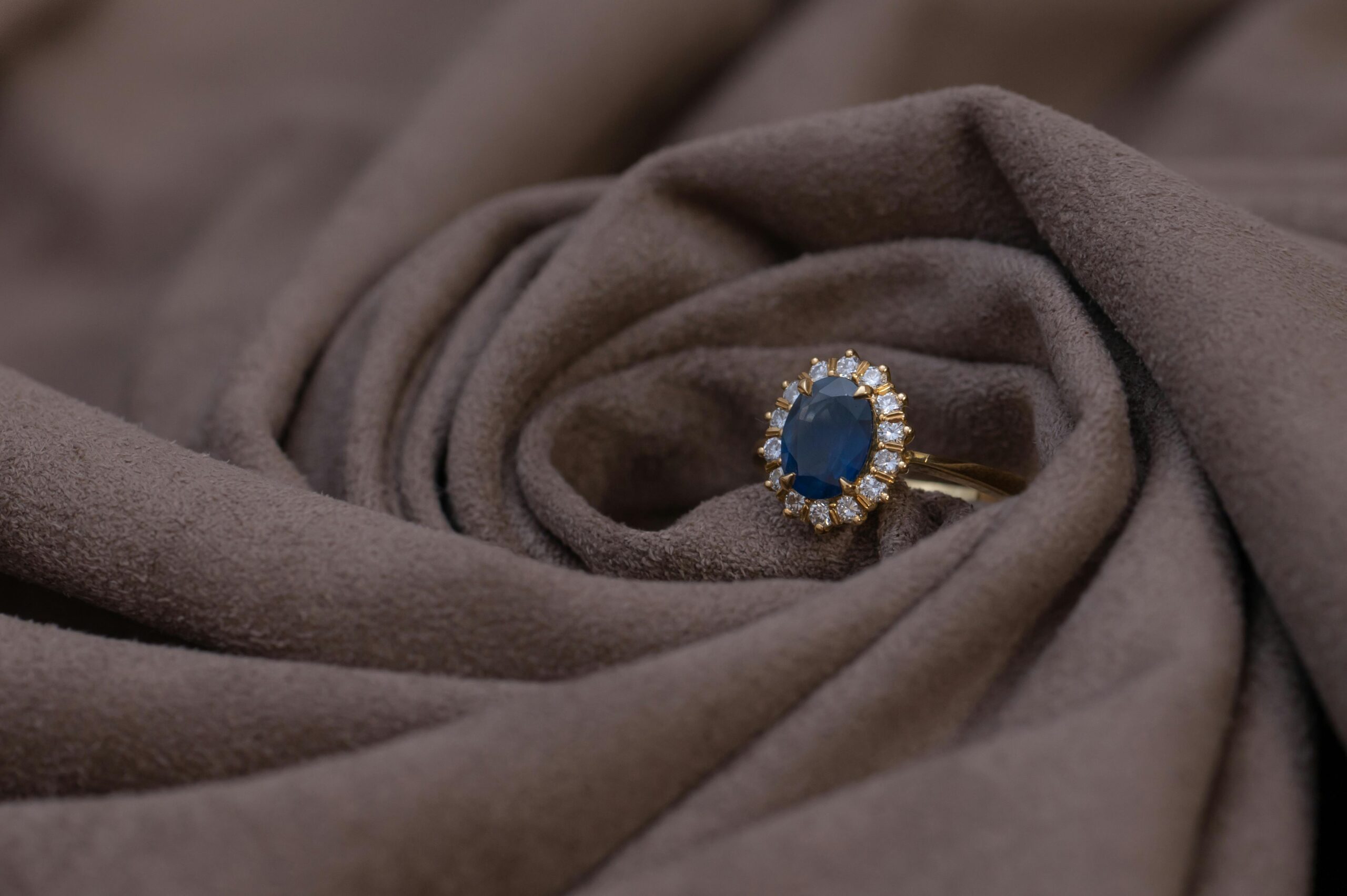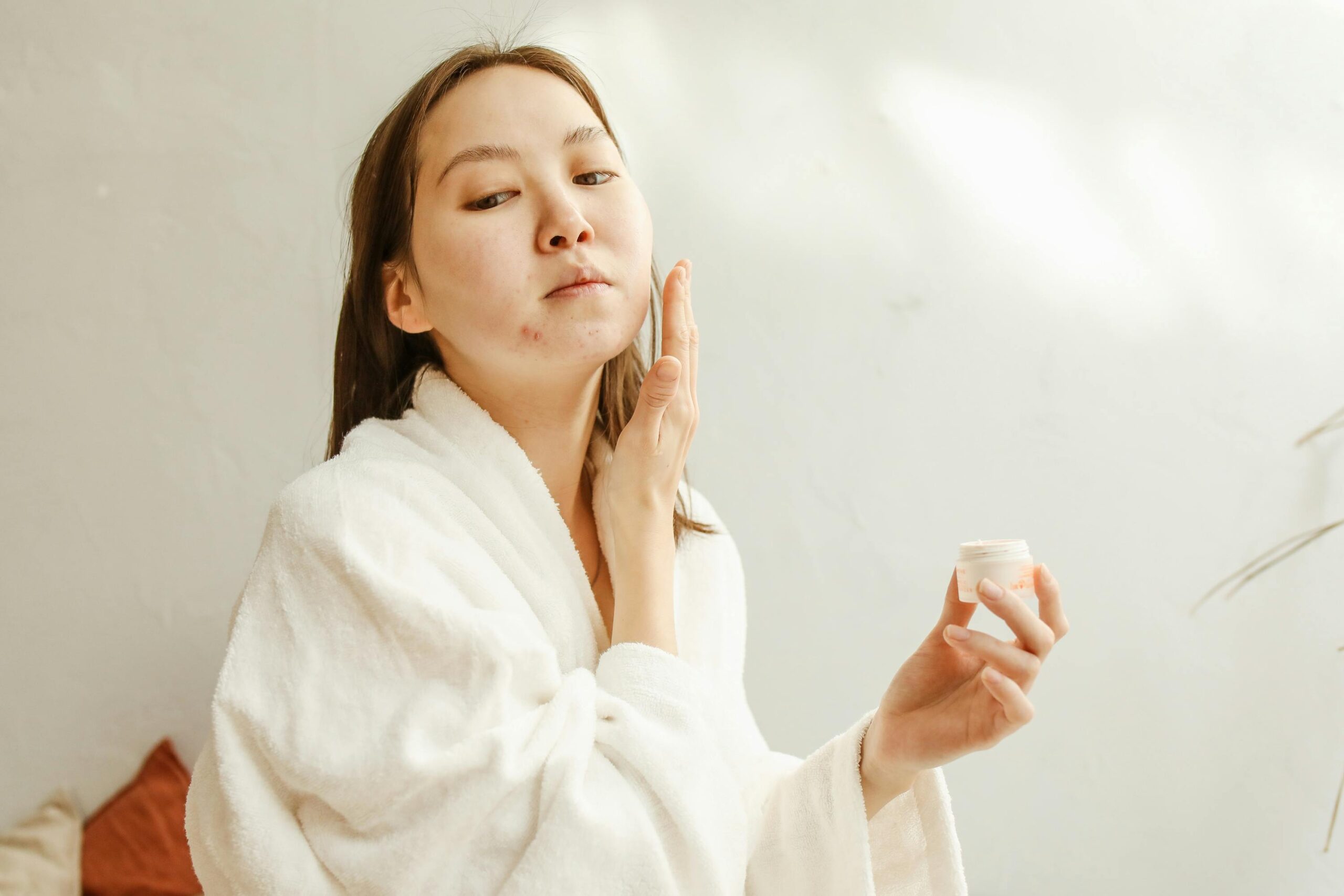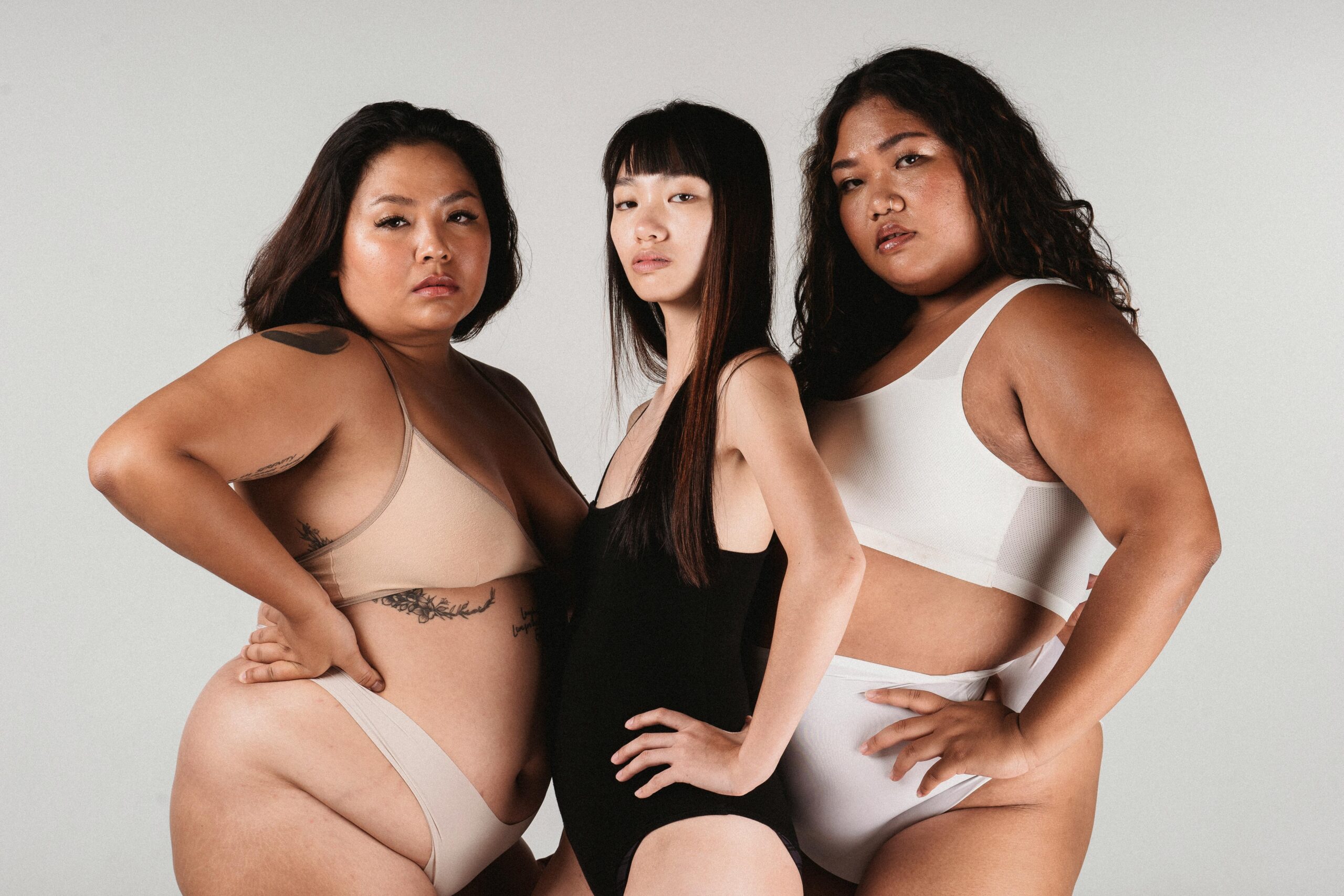
Hair is often the first thing we notice about a person, especially for women. It’s part of how we outwardly define ourselves to the outside world; a woman with hair in a mohawk sends a very different message to a woman who wears her hair in a messy bun. Cultural trends and societal standards can empower women, but can also be a source of stigma or shame if you don’t “fit in” to the norms.
In other spheres, it can be an important source of self-confidence. How often have you had a ‘bad hair day’ that’s left you feeling less than your best? This issue is even more pronounced for women who are losing their hair. It’s not talked about much, but female hair loss is surprisingly common.
Pregnancy
For some women, the extra estrogen that is produced during pregnancy actually works to slow your hair’s natural hair shedding cycle, so some women find that during pregnancy, they have fuller, thicker hair than usual.
For others, the hormone changes in pregnancy cause hair loss. The sudden change in hormone levels can trigger telogen effluvium, otherwise known as stress-induced hair loss. The good news is that this type of hair loss generally resolves itself naturally.
Polycystic Ovary Syndrome (PCOS)
An increase in the hormone androgen causes hair loss in Polycystic Ovary Syndrome. Androgen latches onto the hair follicles and eventually blocks them, preventing hair growth.
Unlike male-pattern baldness, where the hair follicles die off, hair loss from PCOS is treatable because the follicles are still there. Some of the treatments for hair loss for people with PCOS are:
- Oral medicines such as the contraceptive pill and anti-androgen drugs.
- Topical treatments are applied to the scalp.
- Hair transplant is commonly used to treat hair loss in PCOS. Hair transplant means taking healthy follicles from one area of the scalp and transplanting them to another. For more information on hair transplant for PCOS, see hshairclinic.co.uk
- Moisture-rich shampoos can help to promote hair growth for some people.
You can also try home remedies such as brushing the scalp with an exfoliating brush to stimulate growth, regular exercise and weight loss to address PCOS symptoms, and regular oil massages. Ensuring that you eat a healthy and well-rounded diet is also important for treating PCOS related hair loss.
Menopause
During menopause the body goes through a huge shift in hormone levels, which can have an effect on hair. Hair loss during menopause is quite common but usually slows down over time.
As with any other hair loss, people can see positive results from ensuring that they are eating a healthy diet and getting regular exercise. It’s also a good idea not to over-style your hair, particularly using heat. Your doctor will be able to advise you if you are concerned about hair loss.
Anemia
Anemia is caused when there isn’t enough iron in the body, and women are particularly susceptible to it. Your doctor is your first point of call if you think you may be anemic, as they can rule out any underlying medical causes and prescribe iron supplements if necessary. Good sources of iron in your diet include dark leafy greens, meat, and fish.


















One thought on “4 Common Reasons For Hair Loss In Women”
Comments are closed.